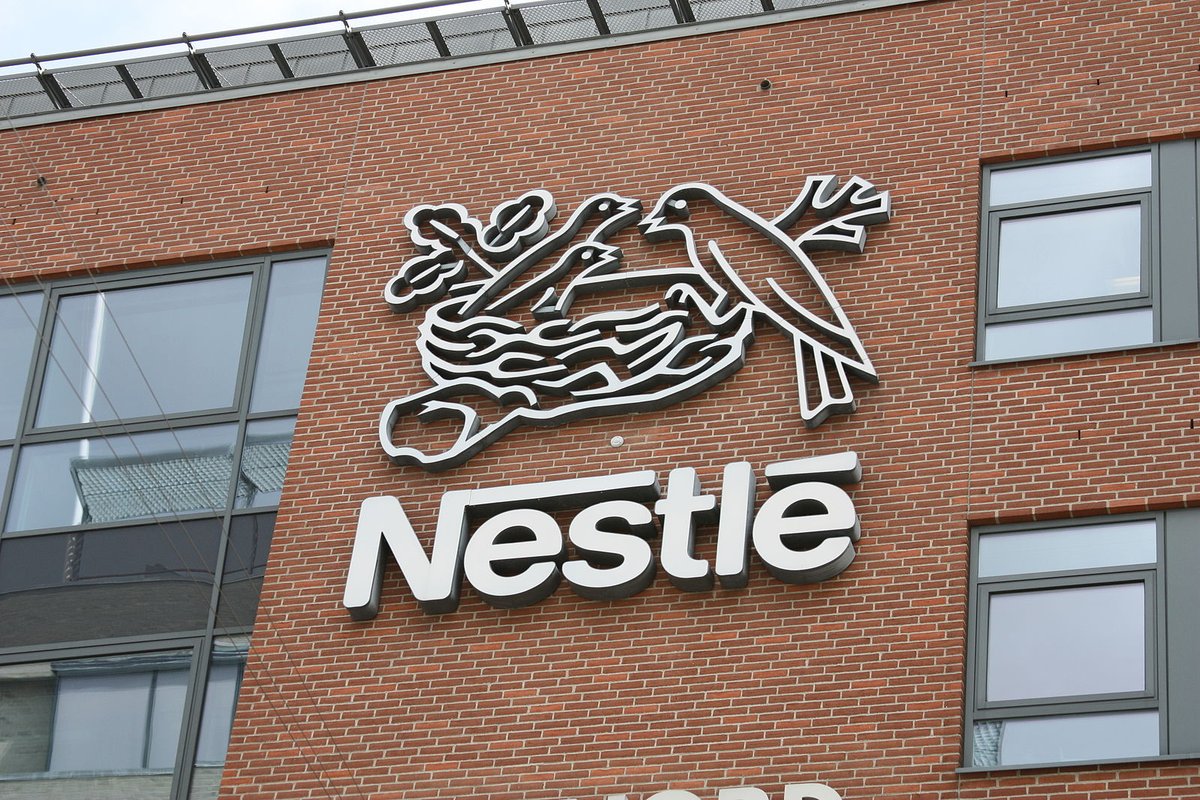Sugarcoating the Facts? The Verdict on Nestlé’s “Healthier Sales” Commitments
By James Toop, 06 Oct 2023
The target that Nestlé announced is another disappointment.

“Fuel Us Don’t Fool Us”; the new brand strapline of Bite Back, reflecting Gen Z’s desire for honesty and transparency from our leading food companies. And last week it faced it’s first major test. Nestlé, one of the UK’s biggest food manufacturers had the chance to show up for young people, and take responsibility for their role in improving the health of a nation by announcing their new target for healthier sales.
If done properly, this target becomes a catalyst for business change, underpinned by action to shift sales away from less healthy options.
Last year Tesco set a goal to increase sales of healthier products as a proportion of total sales to 65% by 2025. And early in 2023, Danone set its target for 90% of sales to come from healthier products. The important bit here is 'proportion', meaning as healthier sales go up, unhealthy sales go down. Was there hope for Nestlé?
Eagle eyes of investors were on them, especially after a new sugary KitKat cereal arrived on supermarket shelves last year. Nestlé has been facing questions over the authenticity of their stated aims “to make our portfolio even healthier and tastier, inspire consumers to lead healthier lives”. Could this be their moment for redemption?
Sadly not. The target that Nestlé announced is another disappointment to health campaigners and a missed opportunity for children’s health. While it is positive to hear Nestlé talking more about the growth of nutritious foods, there is yet another significant gap between words and actions.
We see two major issues with the targets:
- The target itself. Nestlé set an overall growth target for healthier sales of 50%. Whereas Tesco and Danone set their healthier sales target as a proportion of total sales. Nestlé’s target allows them to keep growing unhealthy sales and still hit their healthier sales targets. Good news for absolute sales and total profits, bad news for public health and the investors with an interest in it.
- The products that make up the target. A very concerning aspect of the announcement is that the target includes products like coffee and commercial baby foods in contradiction of the Health Star Rating guidance and undermining the UK Government’s public health guidelines which discourage use of commercial baby food products — a reputational and regulatory risk for Nestlé.
Poul Wiehrauch, CEO of Mars, said recently in the Financial Times that attacking companies’ social goals is a “nonsense conversation”. He believes companies are deeply invested and that profit and purpose are not enemies. Bite Back would love that to be true.
However, when reality does not meet the rhetoric, we need to hold corporates to higher standards.
Too often, there is a mismatch between what companies say they value and what they show they do. Young people are and will increasingly see through this, and are taking action. 59% of Gen Z say they will stop buying a brand if they don’t trust the company behind it.
If the food industry is serious about winning with Gen Z, then they must earn trust by matching their actions and words. That will take leadership. And ultimately this is what Gen Z is looking for. Leaders who acknowledge that take responsibility for their role in the food system. It is the companies that lead authentically and with purpose that will thrive in the future.
We believe Nestlé has missed an opportunity to do that. Young people are demanding healthier, higher standards from food companies and real leadership across industry.